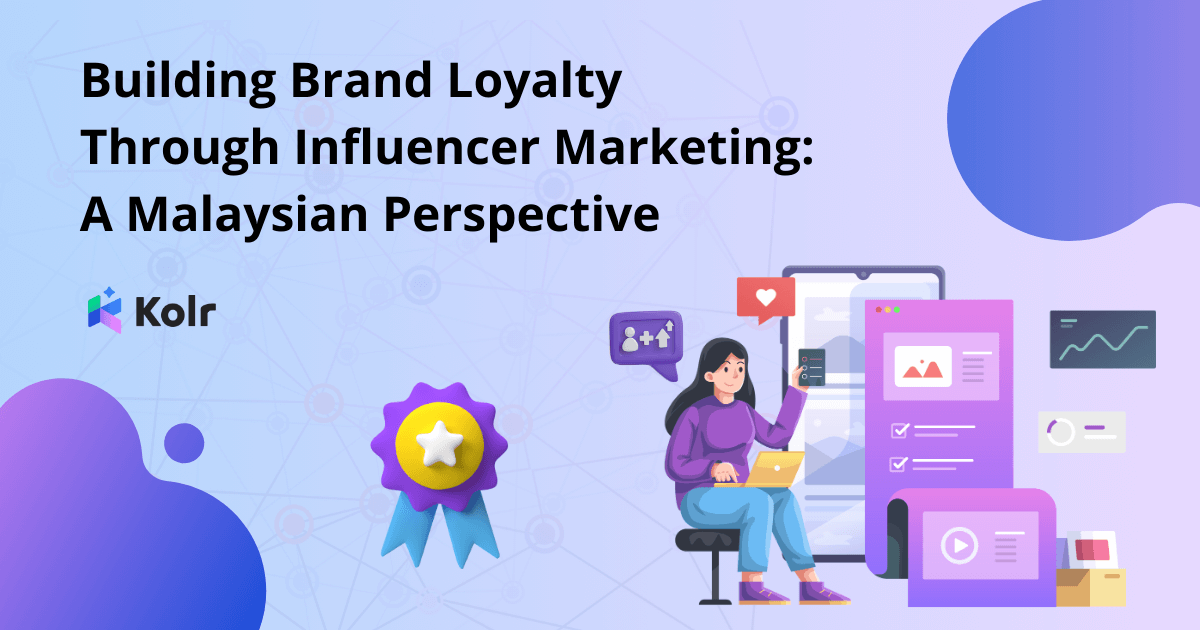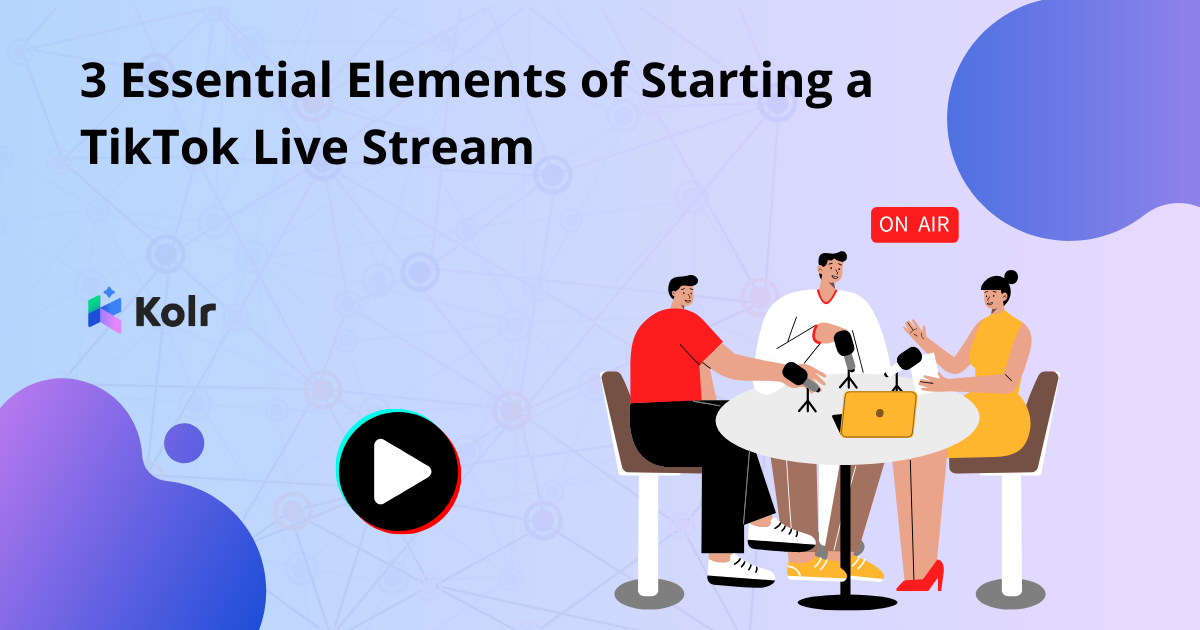In the competitive landscape of marketing in the digital age, building a successful brand is more than just about delivering quality products or services. It’s about creating deeper connections, nurturing relationships, and cultivating a sense of community among your customers. This is known as brand loyalty.
At its core, brand loyalty is the deep emotional connection and trust that consumers develop towards a particular brand. It goes beyond mere product preferences; it’s about customers consistently choosing one brand over its competitors. This loyalty is built over time through positive experiences, consistent quality, and a brand’s ability to meet or exceed customer expectations.
For brands in Malaysia and beyond, influencer marketing has emerged as a powerful tool to achieve these goals. By tapping into the influence of social media personalities, brands can build trust, encourage repeat business, and transform customers into advocates.
This article explores effective strategies to foster brand loyalty through influencer marketing, with a focus on the Malaysian market.
Understanding Brand Loyalty in the Malaysian Context
Brand loyalty in Malaysia, like in many parts of Asia, is deeply influenced by cultural nuances. Malaysians value authenticity, community, and shared experiences. Consumers are more likely to remain loyal to brands that align with their values and provide a personalized experience. This is where influencers—who already have established trust and rapport with their followers—can play a key role.
The Role of Influencer Marketing in Building Brand Loyalty
Influencer marketing taps into the popularity and credibility of social media influencers to promote products or services.
It is particularly effective in building brand loyalty because influencers often have a dedicated and engaged following. When influencers authentically endorse a brand, their followers are more likely to trust and connect with that brand.
For example, a fitness influencer consistently promoting a particular brand of protein powder can significantly boost the brand’s loyalty among health-conscious consumers. Their followers, who trust their fitness expertise, are more likely to try that brand because it’s associated with someone they admire. If they have a positive experience with the product, it can lead to long-term loyalty.
Strategies to Build Brand Loyalty Through Influencer Marketing
1. Collaborate with Authentic and Relatable Influencers
One of the most effective ways to build brand loyalty is by partnering with influencers who genuinely resonate with your target audience. In Malaysia, influencers who maintain authenticity and transparency in their content are highly respected. These influencers are seen not just as brand ambassadors but as friends or advisors whose opinions matter.
Building trust through authenticity is crucial. When influencers genuinely believe in and use the products or services they promote, they come across as more trustworthy to their followers. In contrast, forced or inauthentic endorsements can damage both the influencer’s credibility and the brand’s reputation.
Strategy: Collaborate with influencers who are relatable and trusted within their communities. These influencers often share the same cultural background or interests as their audience, making their endorsements more meaningful.
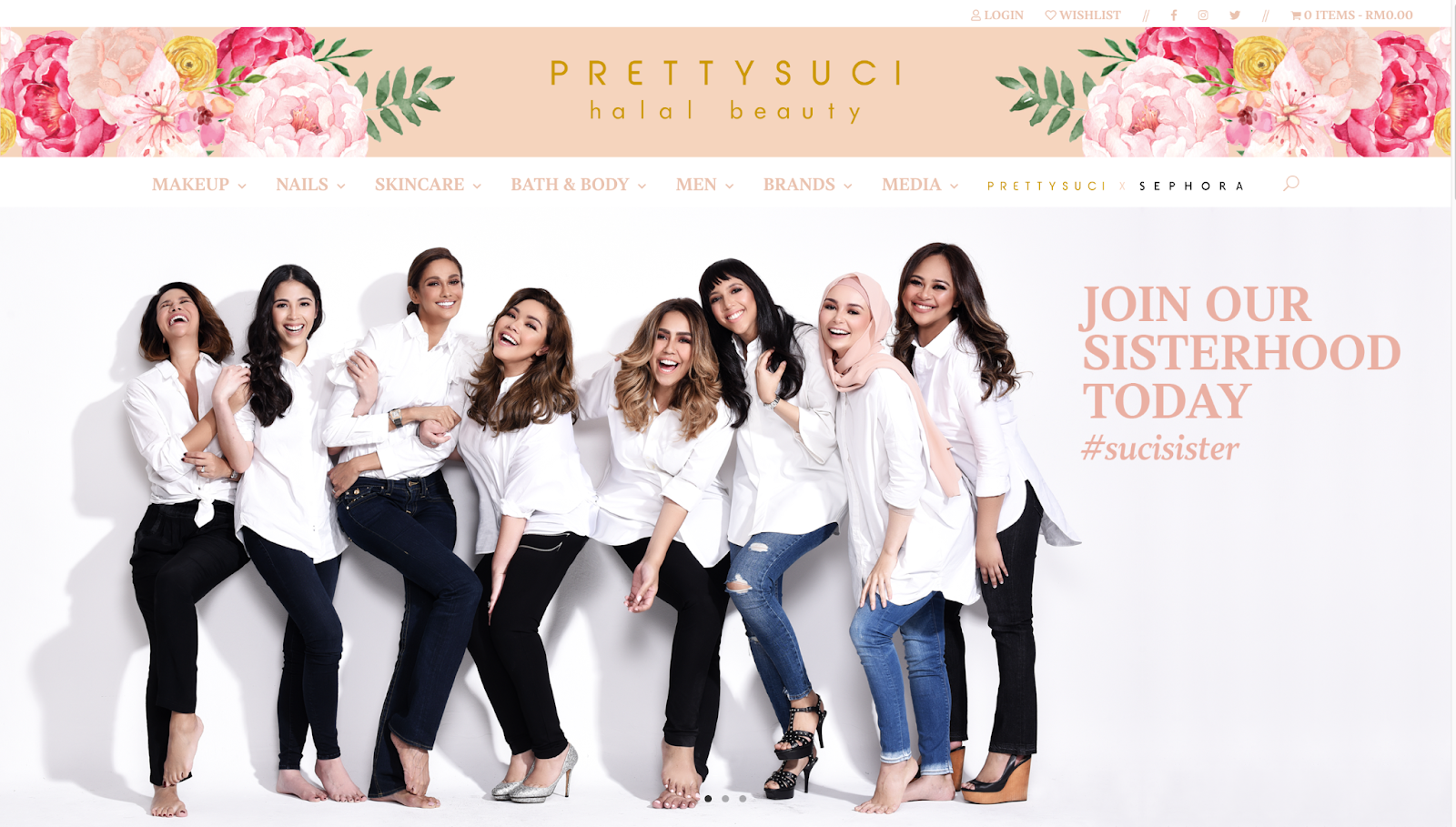
Example: Malaysia’s leading Halal beauty portal, Pretty Suci (www.prettysuci.com) has seen success by partnering with members of the royal family and local beauty KOLs such as Neelofa, Diana Danielle, and Atikah Suhaime that align with the cultural and religious values of their audience. This reinforces their manifesto of creating a one-stop site where Muslim consumers can shop for Halal beauty products with natural ingredients conveniently.

Source: Pretty Suci’s Instagram
2. Create Long-Term Partnerships
While one-off campaigns can create a buzz, long-term influencer partnerships are more effective in building brand loyalty. These ongoing collaborations help reinforce brand messaging and keep the brand at the forefront of consumers’ minds. When influencers consistently use and recommend a product, it builds trust and encourages their followers to do the same.
Consistency in delivering quality products or services is another critical factor in building brand loyalty. Influencer marketing supports this by reinforcing the brand’s commitment to quality through the endorsements of trusted influencers.
Strategy: Consider signing influencers for longer-term contracts rather than one-off campaigns. This strategy not only ensures consistent messaging but also allows the influencer to integrate the product more naturally into their content over time. For instance, e-commerce platforms might collaborate with popular lifestyle influencers over several months to showcase different aspects of the platform, from product variety to ease of use.
Example: The iconic Malaysian badminton player, Lee Chong Wei, has been a steadfast advocate and ambassador for Yonex rackets for more than a decade. This enduring partnership has not only solidified Yonex’s position as a leading brand in the badminton world but has also inspired countless aspiring athletes to pursue their dreams. Lee Chong Wei’s relatable journey, coupled with his consistent use of Yonex equipment, has resonated deeply with Malaysian badminton fans, fostering a sense of loyalty and trust in the brand.
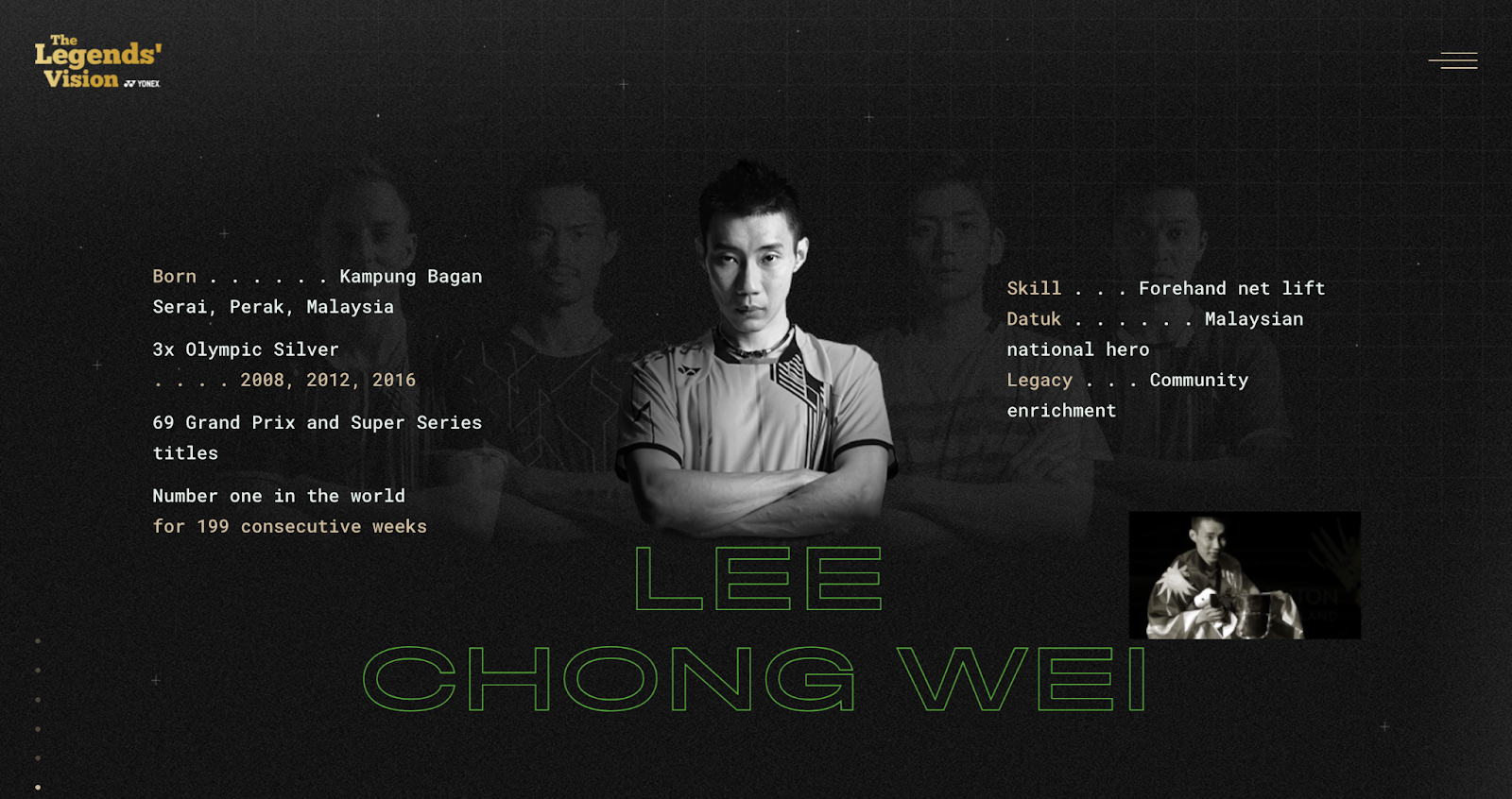
3. Encourage User-Generated Content
User-generated content (UGC) is a powerful tool for building brand loyalty because it allows consumers to become part of the brand narrative. When influencers encourage their followers to share their experiences with a brand, it not only increases engagement but also builds a community of loyal customers who advocate for the brand.
Emotional connection plays a significant role in successful brand loyalty. Influencers can strengthen this connection by sharing personal stories, experiences, and moments related to the brand, thus creating a sense of belonging and attachment among their followers.
Strategy: Develop campaigns where influencers encourage their followers to create and share content featuring your products. This could be through challenges, giveaways, or simply by asking followers to share their stories. To give an example, maternal and child health brands love to collaborate with parenting influencers where stories of using the brand’s products are shared, thus creating a community of loyal customers.
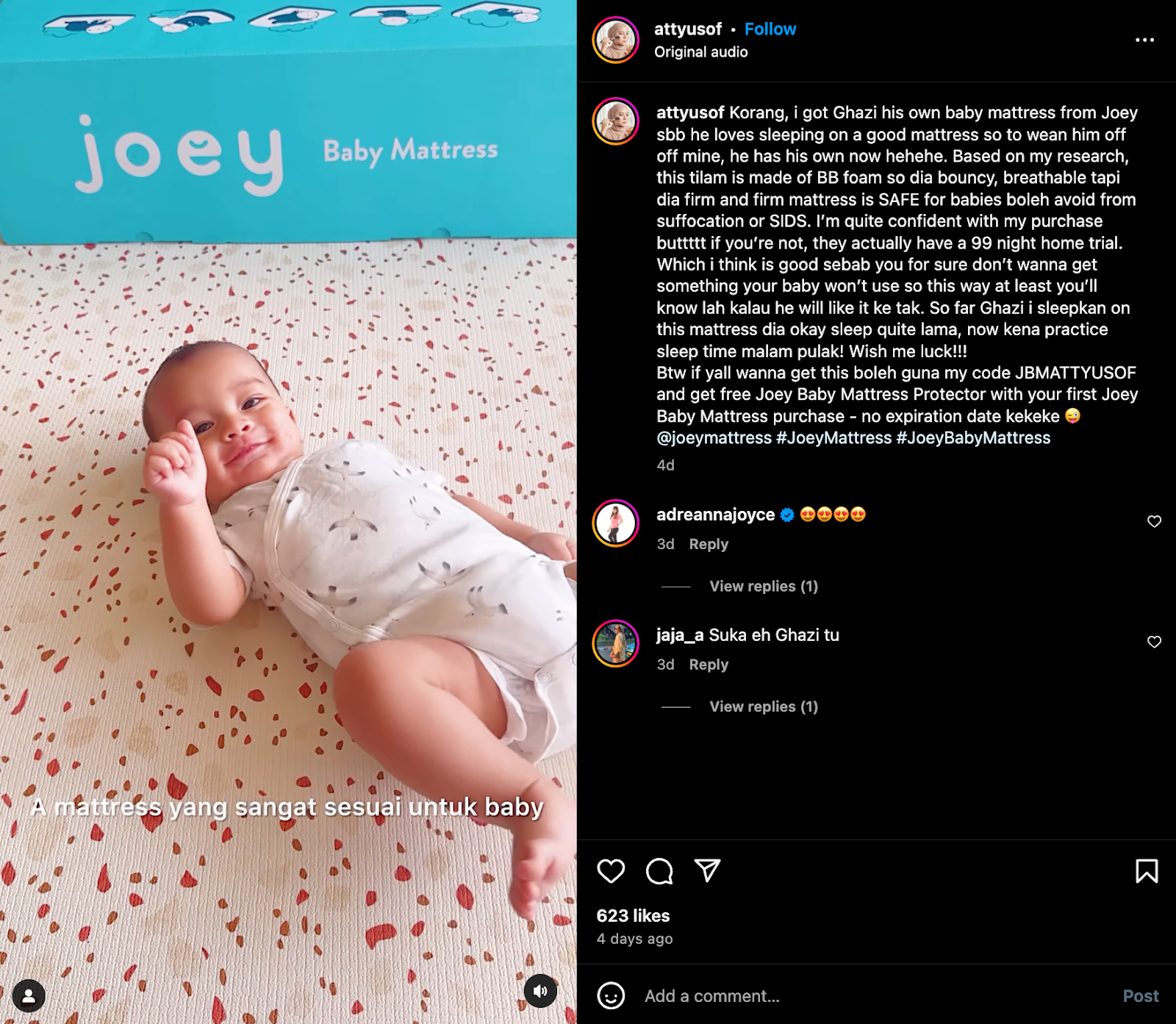
Example: During the Movement Control Order (MCO) in 2021, Berocca’s UGC-driven campaign in Malaysia saw influencers urging their followers to participate in daily wellness challenges via a mobile app. These challenges, centered around health and energy, encouraged users to share their daily progress and stories with the hashtag #BeroccaBERchallenge
By incorporating UGC, Berocca not only engaged a wider audience but also solidified its reputation as a trusted wellness brand through authentic and relatable content shared by real users. Berocca’s Facebook and Instagram pages had a combined reach of 784,000 and a 36% engagement rate, significantly boosting Berocca’s brand visibility and driving a historical high in market share by Q2 2021.

4. Tap into Micro-Influencers for Niche Markets
Micro-influencers, who typically have a smaller but highly engaged following, can be particularly effective in niche markets. Their content tends to be more focused, and their recommendations often feel more personal and trustworthy. In Malaysia, where communities can be tightly knit, micro-influencers can be a valuable asset in building brand loyalty within specific segments.
Strategy: Identify micro-influencers who cater to niche markets within Malaysia. Food and beverage manufacturers could partner with micro-influencers in the food blogging community to promote a new product. These influencers can provide in-depth reviews and personalized content that resonates deeply with their followers, leading to stronger brand loyalty.
Example: In Asia, food and beverage brands have successfully tapped into niche markets by collaborating with influencers who focus on specific dietary lifestyles, such as veganism (@thekampungvegan) or keto diets (@ketomeals_fafaa).
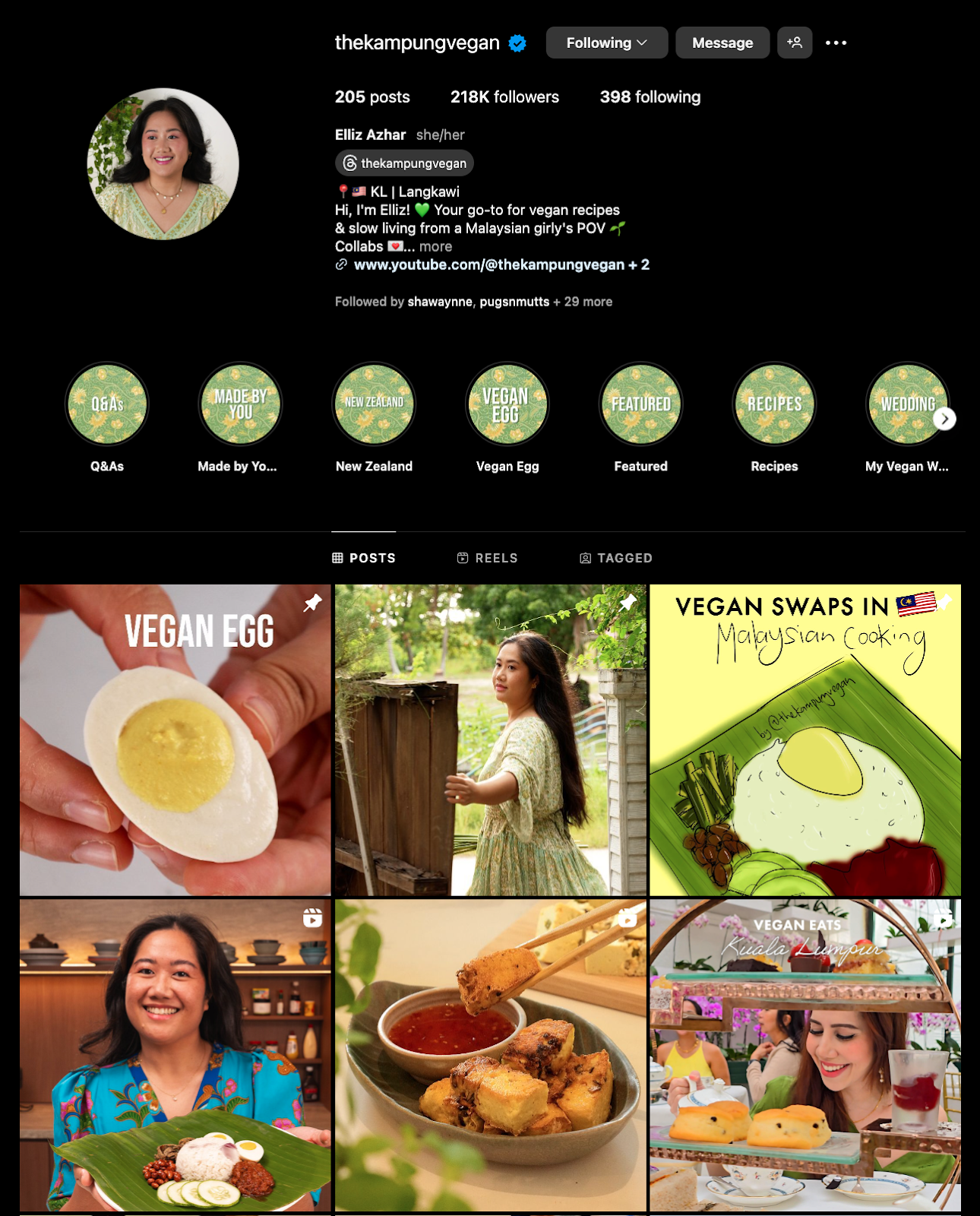
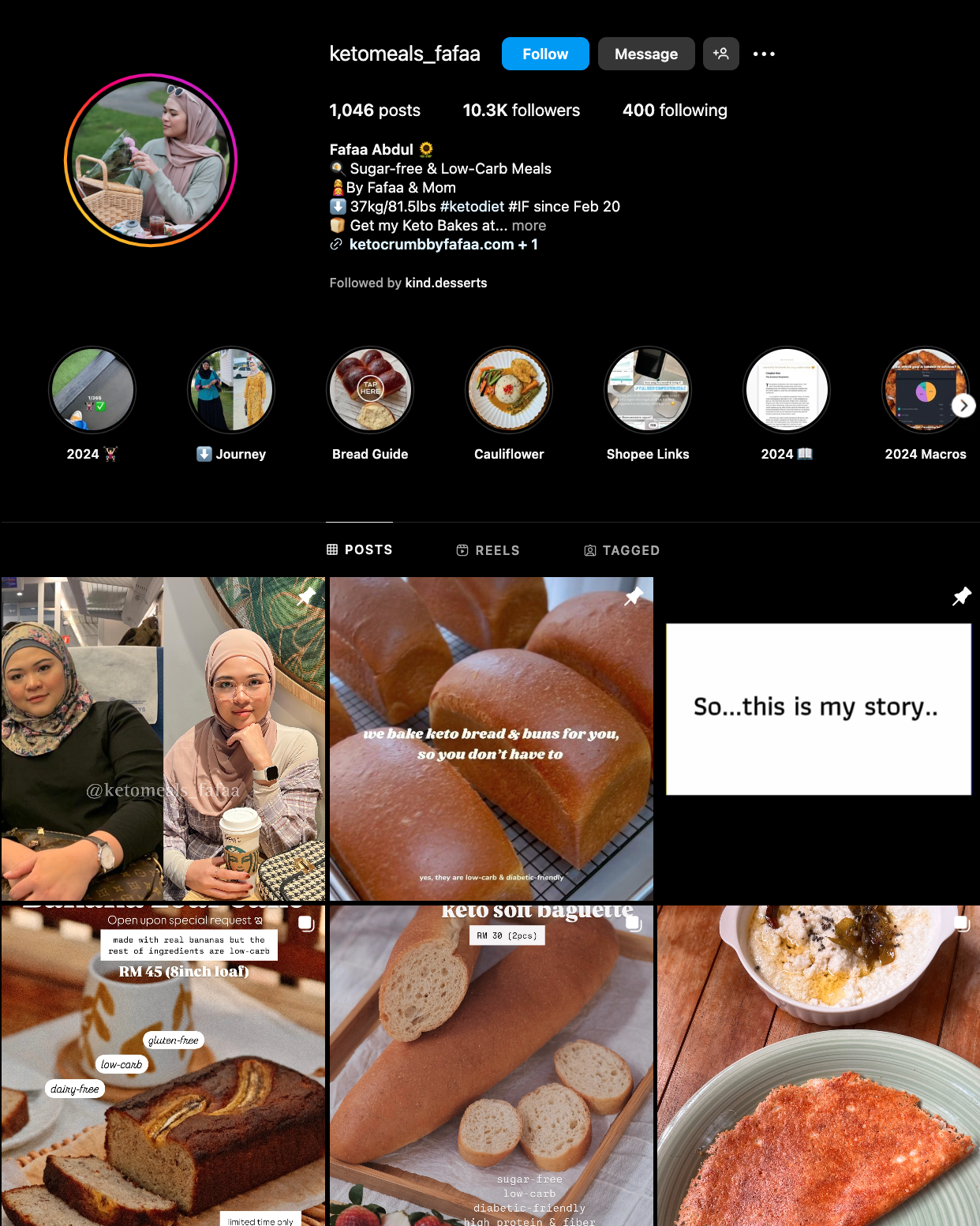
5. Use Influencers to Humanize Your Brand
In an increasingly digital world, consumers are not just buying products; they are buying into brands that have a human touch. Influencers can help humanize a brand by sharing behind-the-scenes content, and personal stories, or highlighting the people behind the brand. This approach builds a deeper connection with the audience, which is essential for cultivating loyalty.
Strategy: Partner with influencers to share stories that humanize your brand. This could include behind-the-scenes content, employee stories, or the brand’s involvement in social causes.
Example: Caudalie partnered with influencers to highlight its commitment to environmental sustainability, particularly through its 100% Plastic Collect Initiative. Now in its fourth year, influencers like sustainability educator Melissa Tan shared stories about Caudalie’s efforts in Thailand, where the brand collaborates with Second Life to support small island communities in plastic collection and recycling. These stories not only showcased Caudalie’s environmental impact but also humanized the brand by emphasizing its dedication to social causes, demonstrating how the brand goes beyond skin care to make a tangible difference in the world.
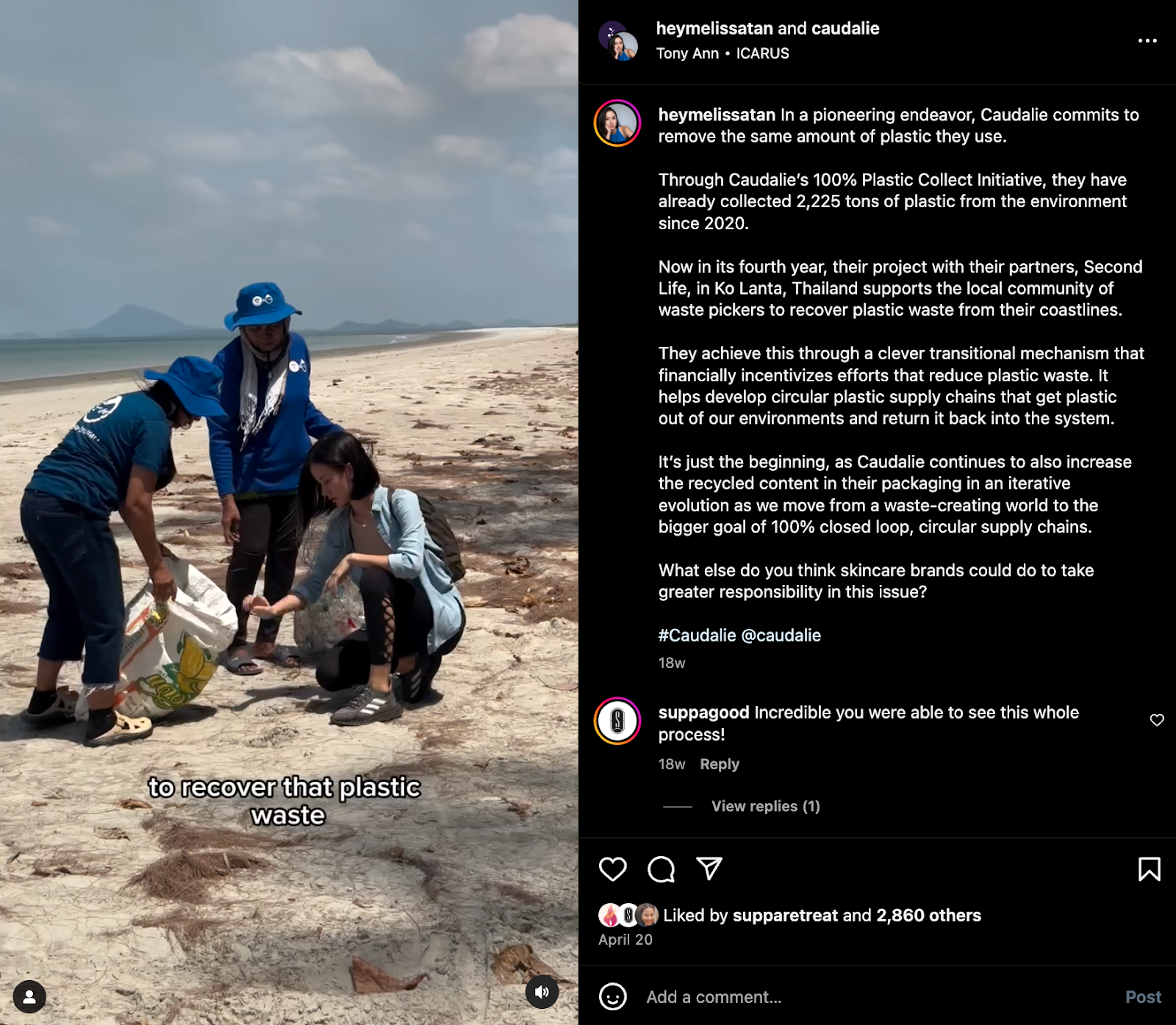
Conclusion
Building brand loyalty in Malaysia through influencer marketing requires a nuanced approach that considers local culture, values, and consumer behavior.
By collaborating with authentic influencers, creating long-term partnerships, encouraging user-generated content, tapping into micro-influencers, and humanizing your brand, you can nurture deeper connections with your audience. These strategies not only drive brand loyalty but also turn customers into brand advocates, ensuring long-term success in the Malaysian market.
As Malaysia’s consumer landscape continues to evolve, brands that effectively harness the power of influencers will be well-positioned to build strong, loyal customer bases.
Take the next step in building brand loyalty through influencer marketing. Explore how KOL Radar can connect you with the ideal influencers, manage your campaigns effectively, and deliver impactful results. Visit KOL Radar today to transform your customer relationships into loyal brand advocates.

If you would like to know more about influencer marketing, feel free to consult KOL Radar for free at https://www.kolradar.com/en/solution.
▶︎ This article may not be reproduced, reprinted, publicly broadcast, or publicly transmitted without permission. The copyright and image rights of the pictures and data referenced in this article belong to their respective owners.
